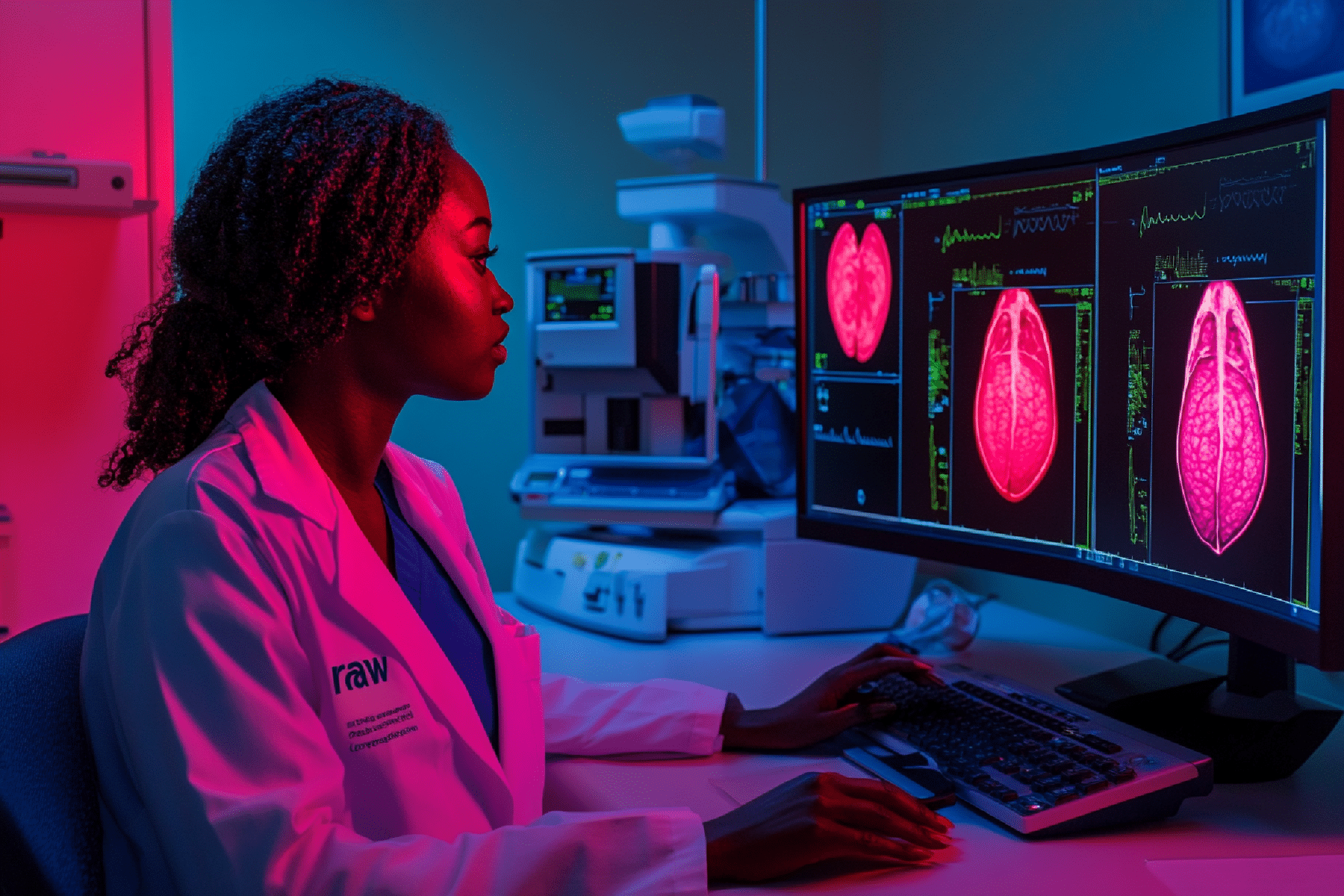Early detection of breast cancer has reached a significant milestone thanks to research that combines the power of Artificial Intelligence (AI) with advanced machine learning techniques. Researchers at the Hospital General de Massachusetts and the Massachusetts Institute of Technology Computer Science and Artificial Intelligence Laboratory (MIT CSAIL) have developed a prediction model that can anticipate, with up to Five years in advance, the risk of a patient developing breast cancer.
The model in question is based on deep learning technology, an AI approach that simulates the way the human brain processes informationallowing the system to learn and improve over time. To train this model, the researchers used a vast dataset consisting of mammograms from 60,000 patients. All of these patients developed breast cancer within five years of undergoing an initial screening. This approach allowed the model to identify subtle patterns in breast tissue — patterns that might go unnoticed by the human eye but are indicative of possible future malignancy.
The accuracy of the model is remarkable. With a success rate of 31%, It almost doubles the effectiveness of conventional diagnostic techniques. This level of precision is particularly relevant when identifying patients at risk in advance. This helps doctors to intervene more quickly, offering more effective and personalized treatments.
Risk assessment
One of the most revolutionary aspects of this new model is its ability to provide a more comprehensive and personalized risk assessment. Dr. Constance Lehmana leading specialist at Massachusetts General Hospital and professor at Harvard University, has noted that Patterns detected on mammograms not only reflect the likelihood of developing cancer, but also capture the influence of a variety of factorsThese include genetic predisposition, hormone levels, pregnancy and breastfeeding history, diet, and changes in body weight. This ability to consider multiple variables allows for a much more accurate and tailored assessment for each patient.
Furthermore, this personalized approach could be especially beneficial in the Breast cancer prevention in populations that have been historically underserved or misdiagnosedThe new model has proven to be equally effective on patients of diverse ethnicities, overcoming one of the biggest limitations of current methods. In many cases, traditional diagnostic techniques have shown greater effectiveness on Caucasian patients compared to African-American patients, a disparity that this new AI model seeks to correct.
The potential impact of This progress cannot be underestimatedIn the fight against breast cancer, early detection is one of the most critical factors in improving survival rates. This new AI model could radically change the way breast cancer detection and treatment is approached, allowing patients and doctors to make informed decisions earlier.
By offering a broader time window for intervention, this model could reduce the need for aggressive and expensive treatments, such as chemotherapy and radiotherapywhich often have significant side effects. Instead, patients could benefit from earlier and less invasive treatment strategies, improving not only their prognosis but also their quality of life.


